Did JFK attend LSE or not? LSE Archivist Sue Donnelly explains.
On 7 October 1935 a young American filled in an admission application form and paid the £2 2 shillings registration fee and £31 10 shillings course fee to attend the one year General Course at LSE. He gave his address as Pondfield Road, Bronxville, New York but while in London Claridge’s Hotel was his contact address. His date of birth was 29 May 1917. A pencil note on the form indicated:
“Professor Laski personally knows the family. No letters of reference read.”
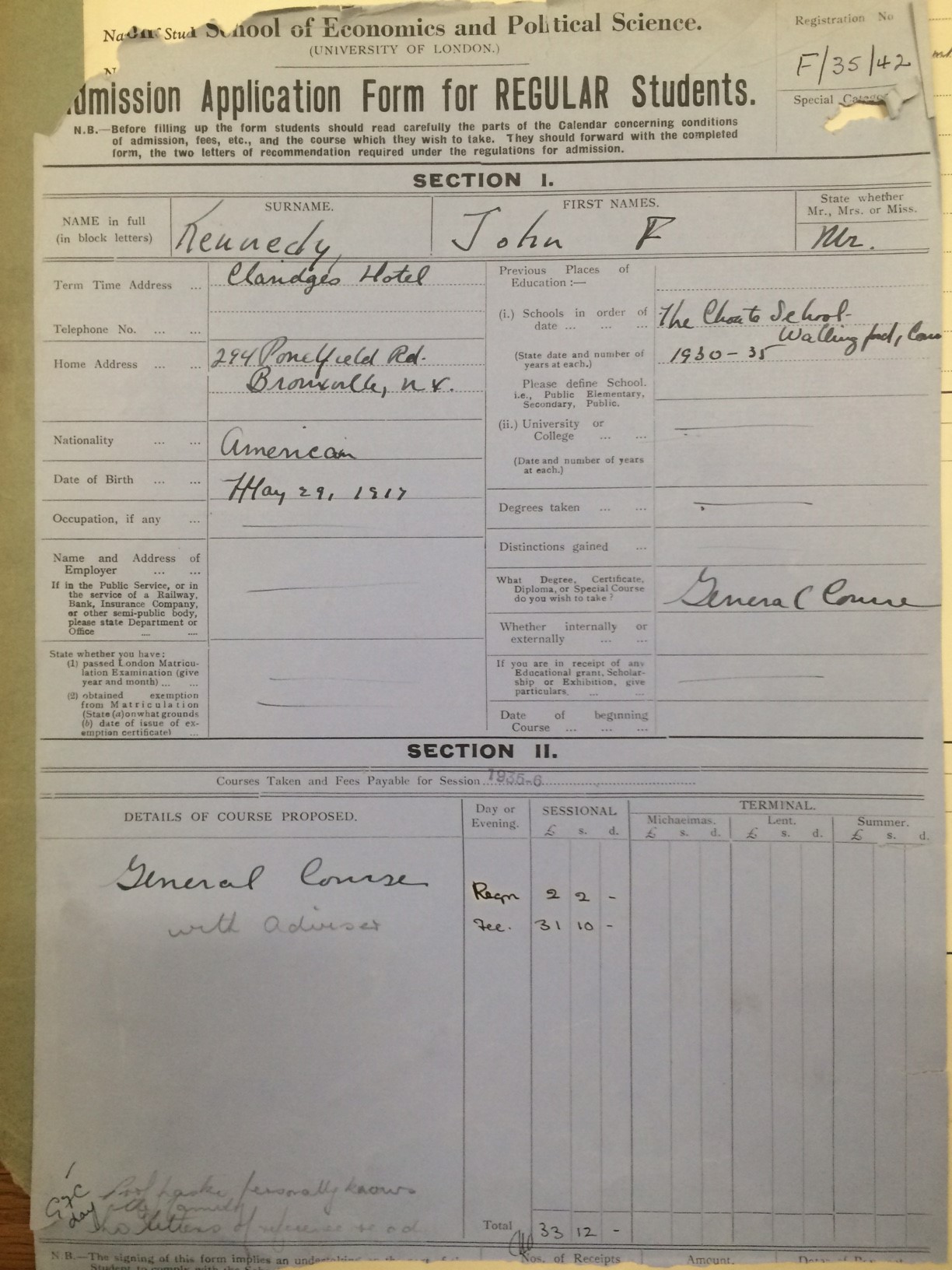
John (Jack) Fitzgerald Kennedy (1917-1963) had signed up for a year’s study at LSE following in the footsteps of his elder brother, Joseph Patrick Kennedy Junior. The Kennedys headed to LSE after their father, Joseph Kennedy Senior (later to be a controversial US ambassador to Britain from 1938-1940) sought the advice of the US jurist Felix Frankfurter about his sons’ education. Frankfurter’s response was:
If they were mine I know what I would do. I would send them to London to spend a year with Harold Laski, who is the greatest teacher in the world.
So in 1933 Joseph Kennedy Junior signed up for the General Course, established in 1910 to provide a single year of study for overseas students. Joe Kennedy Junior was assigned Mr Greaves as his tutor. Greaves was a political scientist who had graduated from LSE in 1929 with a first specialising in the history of political ideas. However Professor Harold Laski was the main draw both in week day lectures and his famous Sunday teas. Laski later wrote about Joseph Junior that:
He has often sat in my study and submitted with that smile that was pure magic to relentless teasing about his determination to be nothing less than President of the United States.
Two years later Jack Kennedy’s tutor was K B Smellie, but no doubt the intention was for him to attend Laski’s lectures.
Sadly on 24 October 1935 the Academic Registrar, Eve Evans, placed a note on Kennedy’s file:
This American student paid his fees on the 7th October, but immediately fell ill and has been obliged to return to America before beginning attendance. His case therefore falls within the category in which we are empowered by Mrs Mair to refund the fees while retaining the registration fee. Would you transfer £31 10s to suspense? Professor Laski is in touch with his father, and he will instruct us later as to the disposal of the sum.
Jack Kennedy was taken ill possibly with hepatitis, jaundice or the early signs Addison’s disease which would be diagnosed in 1947 and appears to have left LSE without taking a single class.
Despite this, interest in the Kennedy connection continued. In March 1938 Harry Henry, a former LSE student and business manager of the Review of Economic Studies wrote to Eve Evans for information on the Kennedy family. His response to her reply was that he would keep the information on file as “Graduates get some peculiar jobs!” Henry was to spend time as the London correspondent of the Boston Globe as well as being a pioneer of market research.
In 1956 when Kennedy was standing for the Vice Presidential nomination at the Democratic National Convention Atticus in the Sunday Times commented that Kennedy’s LSE studies might work against him with the Democratic Party. LSE’s Director, Alexander Carr-Saunders, wrote to the editor, H V Hodson. After noting that Kennedy had never studied at LSE he wrote:
Apart from this, it surprises me that Atticus should think that the registration of anyone at this School should be a black mark against him in public life in America.
On the day after President Kennedy’s assassination in 1963 LSE’s Director Sydney Caine sent the School’s condolences to Mrs Jacqueline Kennedy on behalf of Academic Board. Unfortunately her response was noted but not retained.

Since that date the School has been fielding enquiries about the alumnus who never was.
This post was published during LSE’s 120th anniversary celebrations


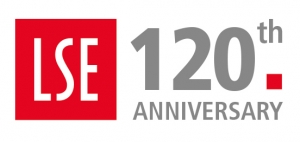
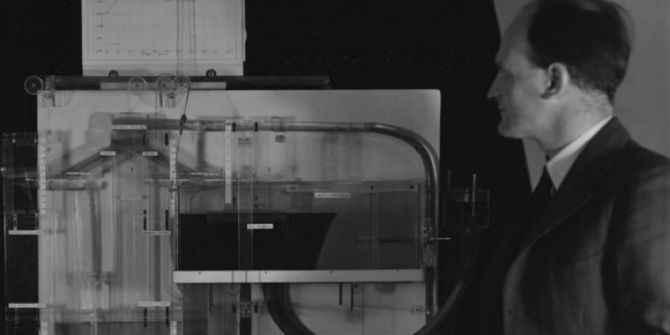
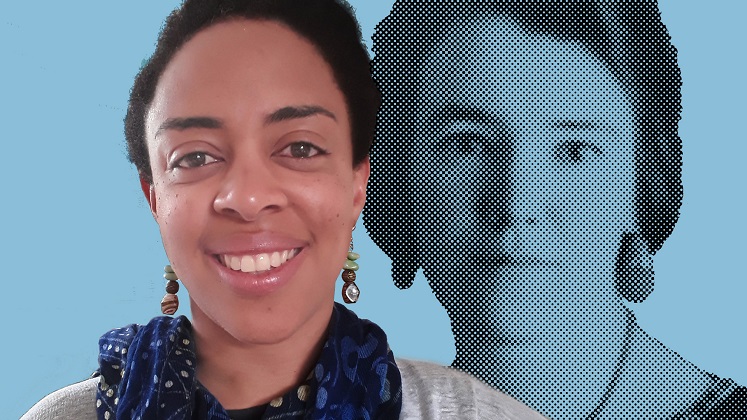
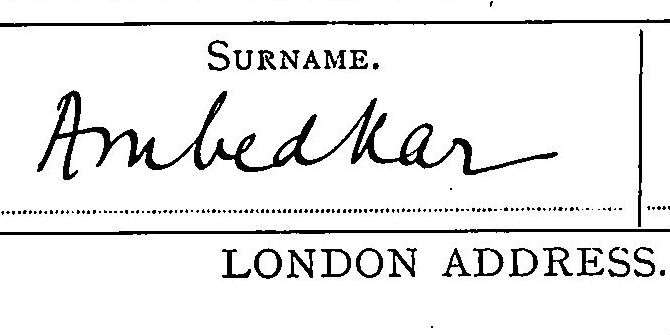

I always wondered how long the President had been at the LSE. It is not clear in a number of the biographies I have read but this is evidence of some association. At least the intention was there.